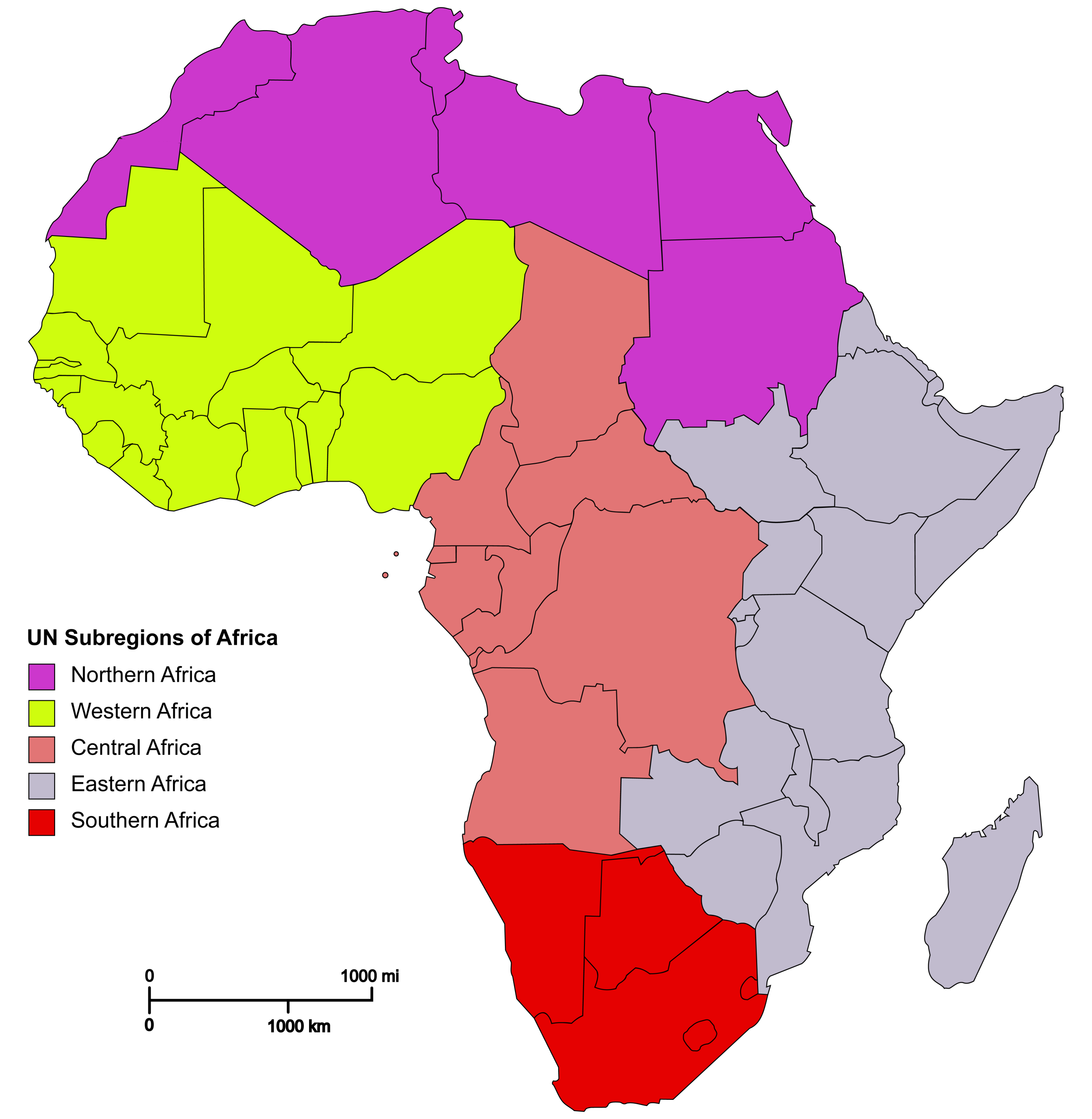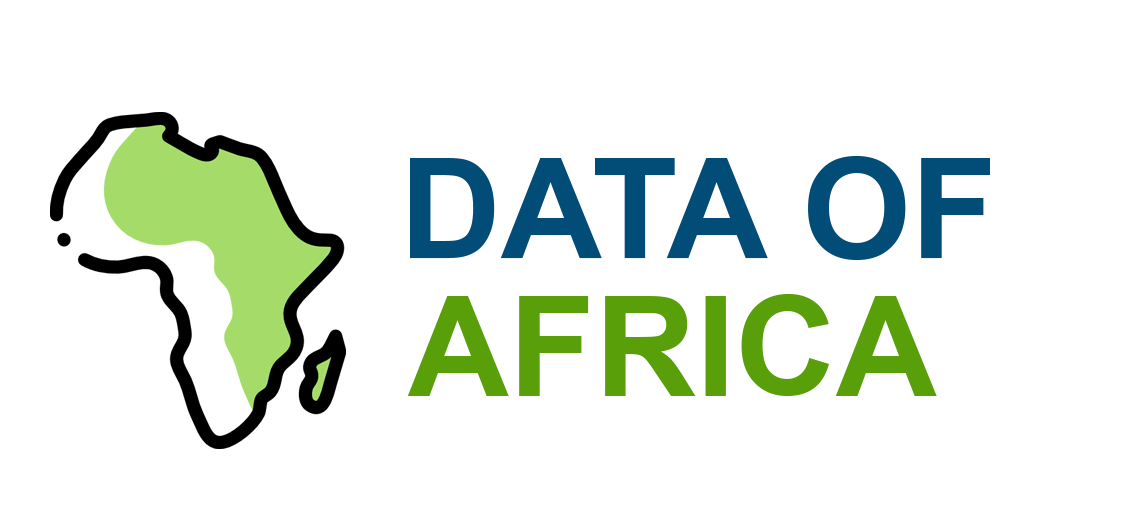La Coupe du monde de football 2030 est la 24e édition de la Coupe du monde de football masculin, compétition organisée par la FIFA et qui réunit les meilleures sélections nationales.
Elle se déroulera en Espagne, au Maroc et au Portugal, dont la candidature commune était seule en lice, selon un communiqué de la FIFA publié en octobre 2023, même si la décision officielle ne sera entérinée que fin 2024, à la suite d’un vote du congrès.
AFRICA : FACTS, CHALLENGES AND PROSPECTS
Preamble
Africa stands out from other continents by its particular context marked by the following main characteristics :
- Very heterogeneous continent (United Nations: 54 countries)
- Recent independence acquired barely 60-70 years ago
- Border issues resulting from colonization
- Slavery, occupation and loss of self-confidence
- Some infrastructure but few qualified human resources (illiteracy)
- The values of the Economy belong mainly to Europe
- Some countries have no sovereignty over their currency
- Development assistance programs
- Standing in assisted posture
- Cycle of political instabilities, conflicts and bad governance
The last 20 years have seen significant growth, much better governance and human resources, but inclusive and distributive economies remain necessary.
A new era is dawning for Africa but several challenges must be met.
Africa’s challenges
- Better take advantage of abundant natural resources
- Control demography
- Develop its infrastructure and generalize access to electricity and drinking water
- Develop a better health system
- Boost its economy
- Better investment in education, science, and technology
Facts by data
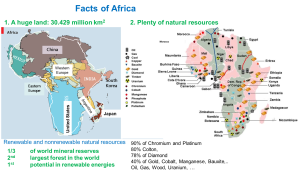
Average age in 2022 :
- 18.8 in Africa
- 30.1 in the rest of the world
- 42.4 in Europe
- UN. Source: Statista (2022)
Threat
Diseases and devastating epidemics persist :
- Ebola
- HIV/AIDS
- Malaria
- Tuberculosis
- Meningitis
An increase in non-communicable diseases :
- Cardiovascular
- Cancers
African economies are not diversified
Very strong dependence on natural resources : 50-93%
Only four countries have an economic diversification index higher than the world average
1. South Africa
2. Egypt
3. Morocco
4. TunisiaSource: United Nations African Development Report (2022)
Threats and challenges for development
Economic challenges :
- The stability of countries is obligatory (no development without stability)
- Only a fifth of Africans work in a wage economy.
- Significant informal sector (must be included in the formal sector)
- 80% of the African economy is agrarian (need for industry)
- Infrastructure (roads, schools & universities, hospitals, etc.)
- Access to electricity and drinking water…)
- Translate growth into poverty reduction and improved well-being of the population
- Demographic control
- Change: from the extractive economy to a transformative economy
- The economy must be oriented towards local needs
- Regional and continental integration
Two major priorities :
1. Investing in its Youth (Education/Science) and its Infrastructure
2. Improve its Governance
10 scientific challenges for development
1. New resilient agriculture (combining AI, biotechnology and agriculture)
2. Food industry
3. Fertilizers (South-South collaboration)
4. Health Sciences
5. Water-energy-agriculture link
6. Water management and desalination combined with solar energy
7. Industry (Chemistry, Metallurgy, Mechanics, Electrical, IT, etc.)
8. Health economics (Medicine…)
9. Transforming the extractive economy into value-added products
10. Need for an African strategy for IT, AI, cybersecurity and defense
ASRIC : Must be given the necessary means to fully play its role as lever and engine to stimulate STI and STEM in Africa
Some perspectives
- African Continental Free Trade Area (AfCFTA)
- Great Green Wall Initiative
- African Union’s Agenda 2063
- Africa Renewable Energy Initiative (AREI)
- African Development Bank’s High 5 Agenda
- Blue Economy
- African Pharmaceutical Industry Development
- African Union’s Peace and Security Architecture
Conclusion
- Africans must believe in their abilities and rely on themselves
- Investing in HR (Youth)
- Investing in infrastructure, education and research-innovation
- Technological sovereignty (vaccines, drugs, medical devices, food safety, AI, water, energy, industry & new technologies, etc.)
- Shifting to a transformative economy
- Intra-African geopolitical and economic integration (coordinated efforts in the areas of economy, geopolitics, diplomacy and defense).
- Diversify international partnerships, but watch out for predators
- Better governance and inclusive development (Women, youth, remote areas) and distribution of wealth
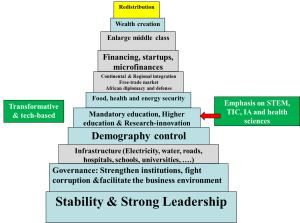
LES GRANDES CHANTIERS D'AFRIQUE
Coupe du monde de football 2030
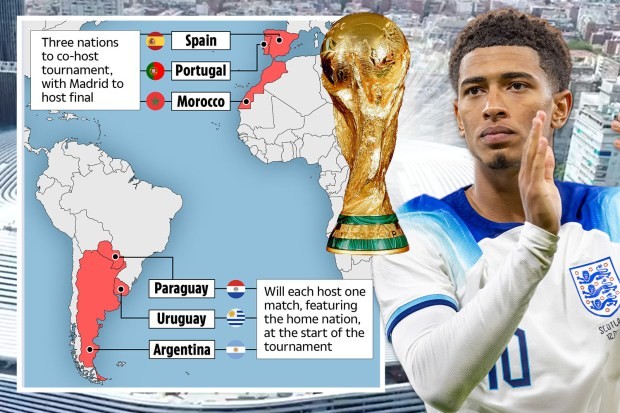
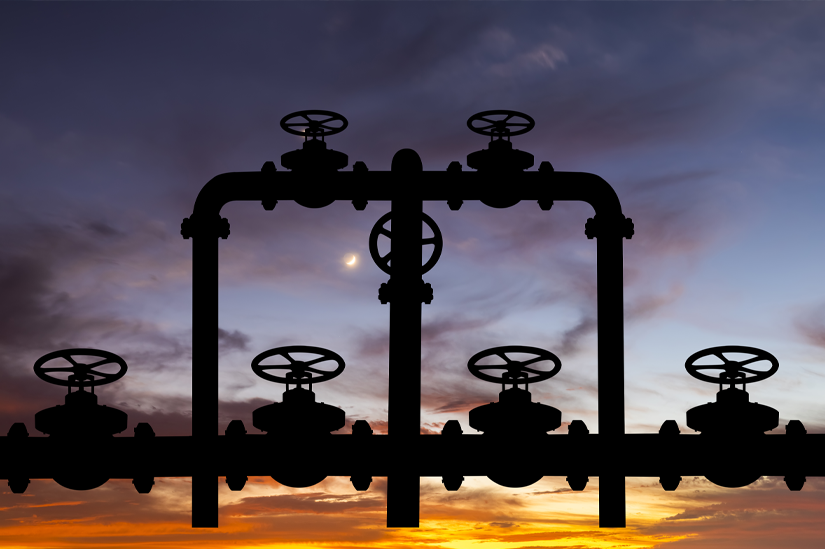
Gazoduc Afrique Atlantique
Le gazoduc Afrique atlantique est un projet de gazoduc défendu notamment par le Maroc. Il est en concurrence avec le projet de gazoduc transsaharien que soutient l’Algérie. L’un et l’autre visent à ouvrir de nouveaux marchés au gaz nigérian.
Le projet marocain est de construire un gazoduc sous-marin contournant la côte ouest de l’Afrique, reprenant initialement le tracé du gazoduc ouest-africain, mais d’une capacité bien supérieure à celui-ci.
Initiative Atlantique pour le Sahel
L’Initiative Atlantique en faveur des pays du Sahel représente la vision royale du Roi Mohammed VI visant à renforcer l’accès des nations sahéliennes à l’océan Atlantique, dans le but de faire de l’Afrique un continent prospère, concrétisant ainsi la coopération Sud-Sud basée sur un partenariat gagnant-gagnant.
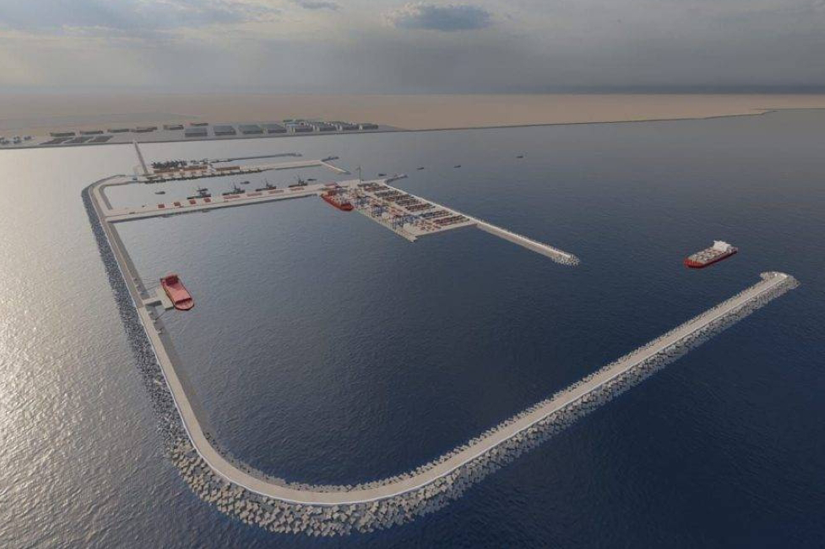
Cartes de l'Afrique
